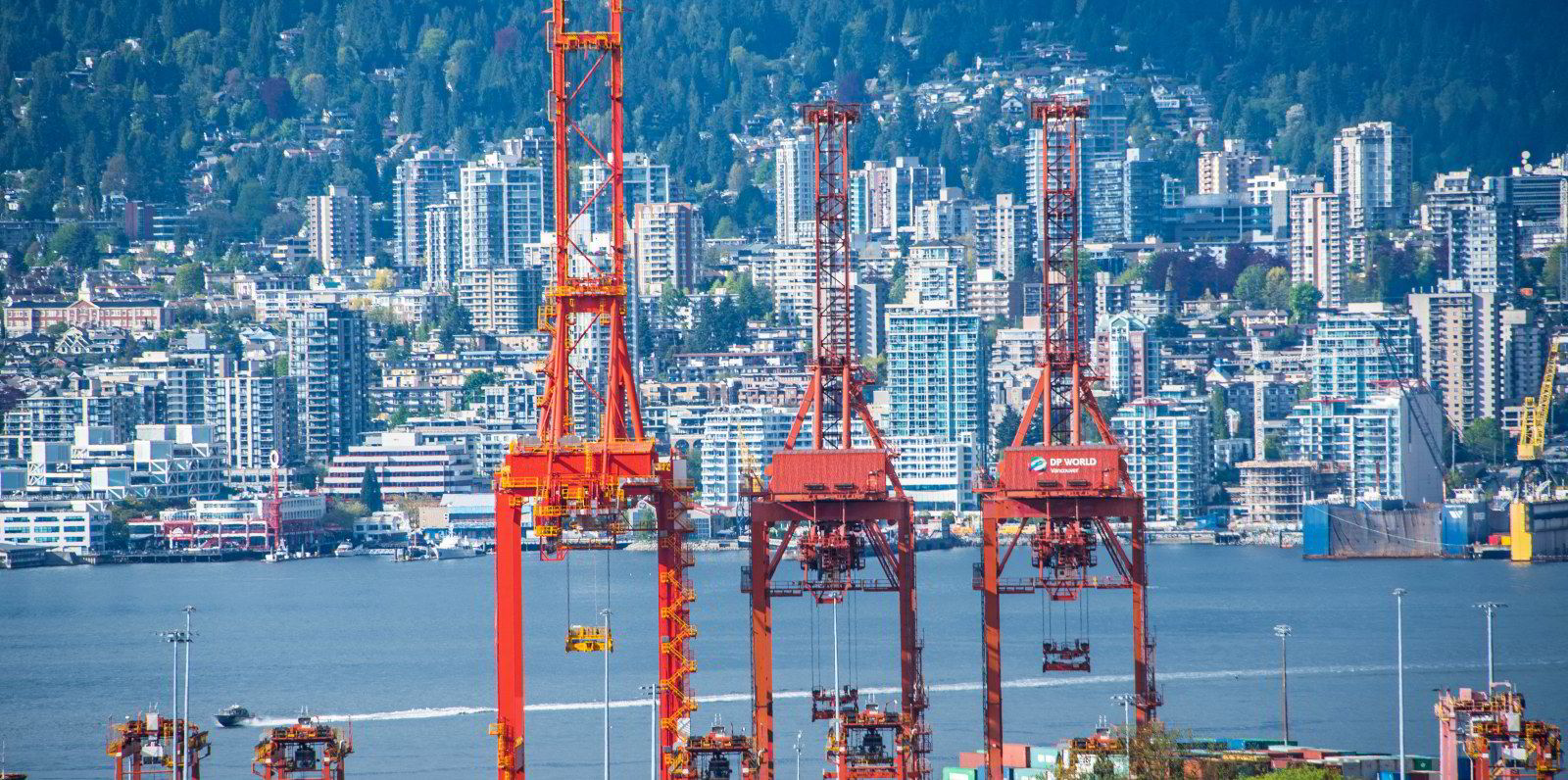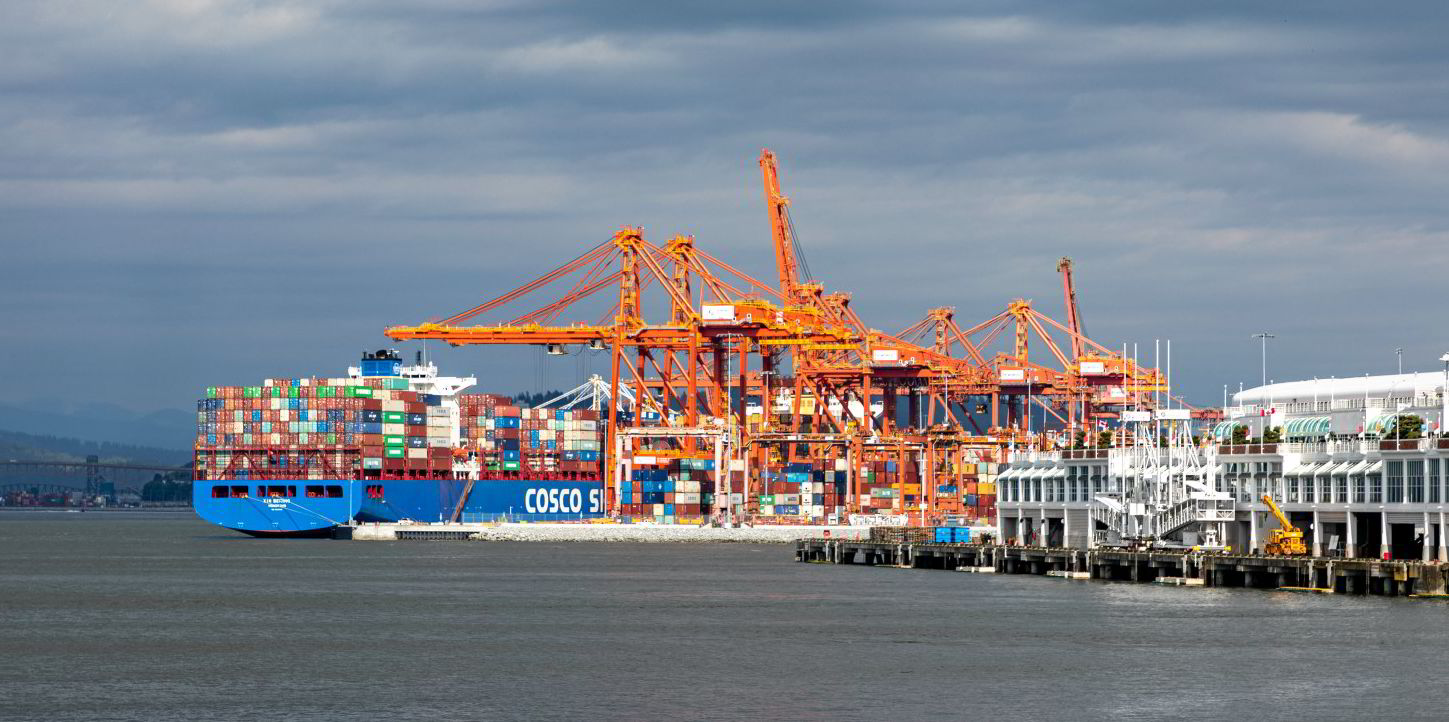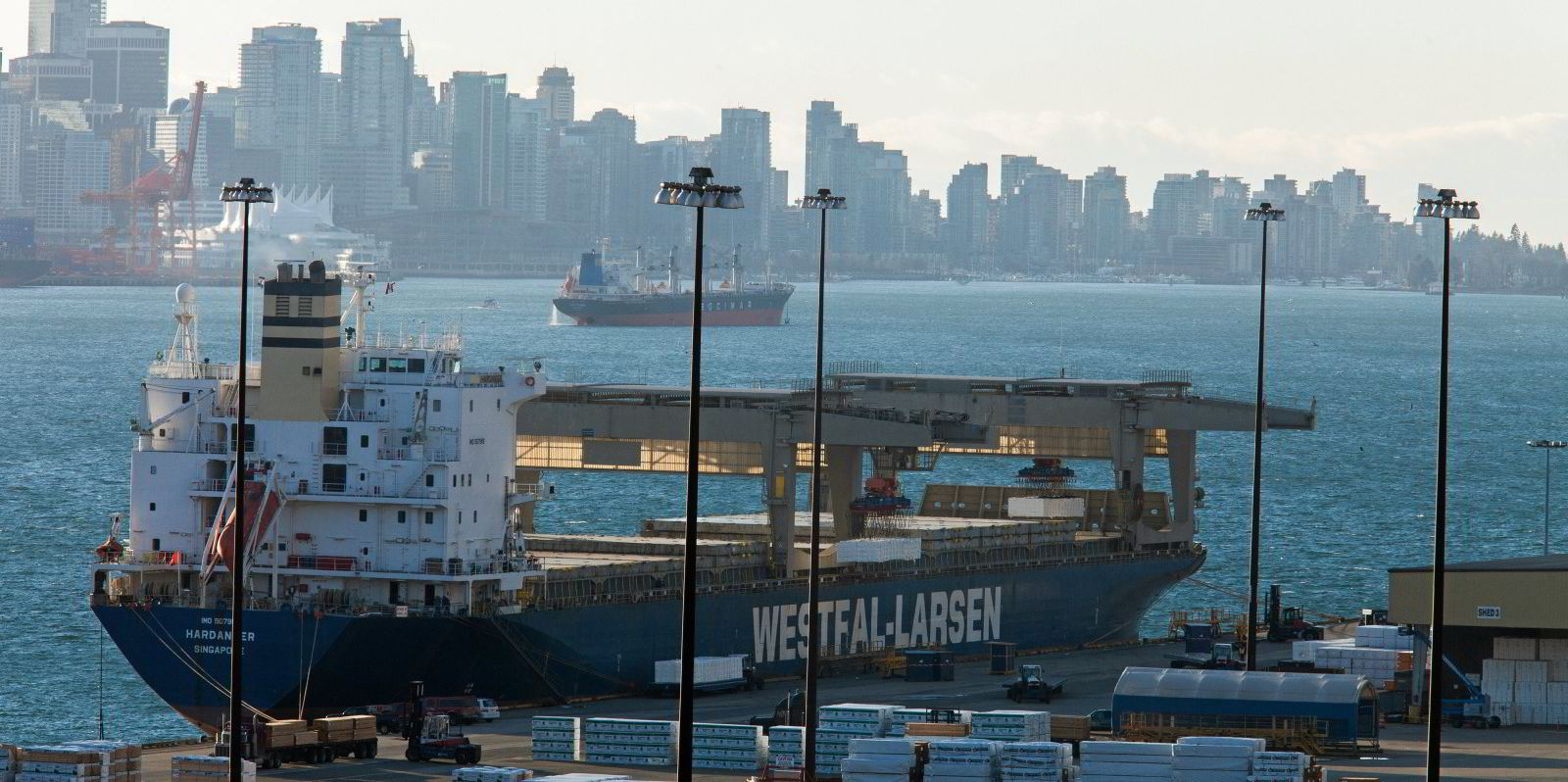Canadian dockworkers and their employers in British Columbia have finally settled upon a new four-year labour contract after entering into three tentative deals over the past month.
The International Longshore and Warehouse Union (ILWU) Canada ratified the latest tentative agreement on Friday, the British Columbia Maritime Employers Association (BCMEA) said.
Three-quarters of ILWU Canada’s dockers, who work at the ports of Vancouver and Prince Rupert, voted in favour of the deal after rejecting tentative agreements on 19 and 28 July.
The final agreement, which both sides reached with guidance from the Canada Industrial Relations Board, put an end to strikes that had disrupted the country’s imports and exports for five weeks.
The agreement was reached after five months of negotiations, conciliation and mediation, and five weeks of labour instability at BC’s ports, the BCMEA said in a statement.
“The renewed collective agreement includes increases in wages, benefits and training that recognizes the skills and efforts of BC’s waterfront workforce, while providing certainty and stability for the future of Canada’s West Coast ports.”
ILWU Canada, which represents about 7,500 dockworkers, confirmed the agreement with a short notice signed on Friday by ILWU Canada president Rob Ashton.
“The results of the ratification vote for the tentative agreement show 74.66% in favour of accepting the terms of settlement,” it said.
Neither side disclosed the terms of the new contract, but the latest rejected tentative agreement offered a 19.2% wage hike that would raise median union longshore base pay to CAN 162,000 from CAN 136,000.
It would have also given a signing bonus of $1.48 per hour worked to be paid to each employee, which is equivalent to about $3,000 a year in added pay and an 18.5% rise to a retirement payout.
“This would increase their retirement payout in 2026 to $96,250 for eligible retiring employees over and above employees’ pension entitlements,” the BMCEA said.
The BCMEA said it will work with ILWU Canada, the federal government and key stakeholders in an effort to “rebuild the reputation of Canada’s largest gateway” and prevent future labour disruptions.
“The BCMEA recognizes and regrets the profound repercussions this labour disruption has had on the national economy, workers, businesses and ultimately, all Canadians that depend on an efficient and reliable supply chain,” it said.
“All supply chain stakeholders must collaborate now to ensure we do not see disruptions like this ever again.”






